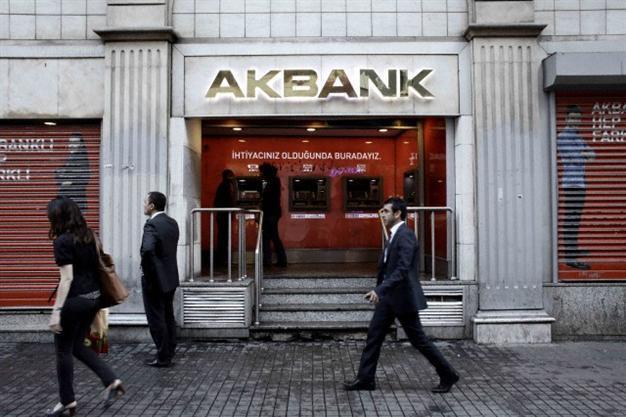Moody’s revises ratings on 11 Turkish banks
LONDON
 Moody’s has taken rating revisions on 11 Turkish banks, citing an increasingly challenging operating environment, which “is expected to persist for the next 12-18 months.”
Moody’s has taken rating revisions on 11 Turkish banks, citing an increasingly challenging operating environment, which “is expected to persist for the next 12-18 months.”“The two key drivers of the ratings are pressures on the standalone credit strength of some of the institutions and Moody’s reassessment of the level of systemic support it believes should be incorporated into some of the banks’ senior ratings,” the agency said in a statement on June 3.
The 11 banks identified by Moody’s are: Akbank, Asya Participation Bank, Denizbank, Garanti Bank, İşbank, Şekerbank, Türk Ekonomi Bankası, Vakıfbank, Yapı Kredi, Halkbank and Ziraat Bank.
The rating agency estimated the tough environment for lenders will persist for the next 12-18 months due to a slowdown in real GDP growth, higher funding costs and a climate of uncertainty affecting the banks.
Moody’s has said it expects that, in these conditions, Turkish banks’ asset quality and profitability will weaken and liquidity will tighten.
“Additionally, the banks will increasingly need to adapt to a capital-optimizing lending model against the background of moderate GDP growth and persistently high funding costs, coupled with weakening capital adequacy, as credit growth outpaces internal capital generation,” the statement read.
The agency also says the reduced expectation of the level of systemic support poses risks to the sector.
“This view takes into account the fact that the banking system and its financial obligations have grown significantly in relation to the GDP in recent years and will continue to do so, increasing the potential cost of any government support, in case of need. The charged domestic political environment and less predictable policy responses add additional elements of uncertainty,” it said.
The banks’ higher reliance on market funds has eroded some of the banking system’s previously strong elements of protection against market turbulence, according to the agency.
















